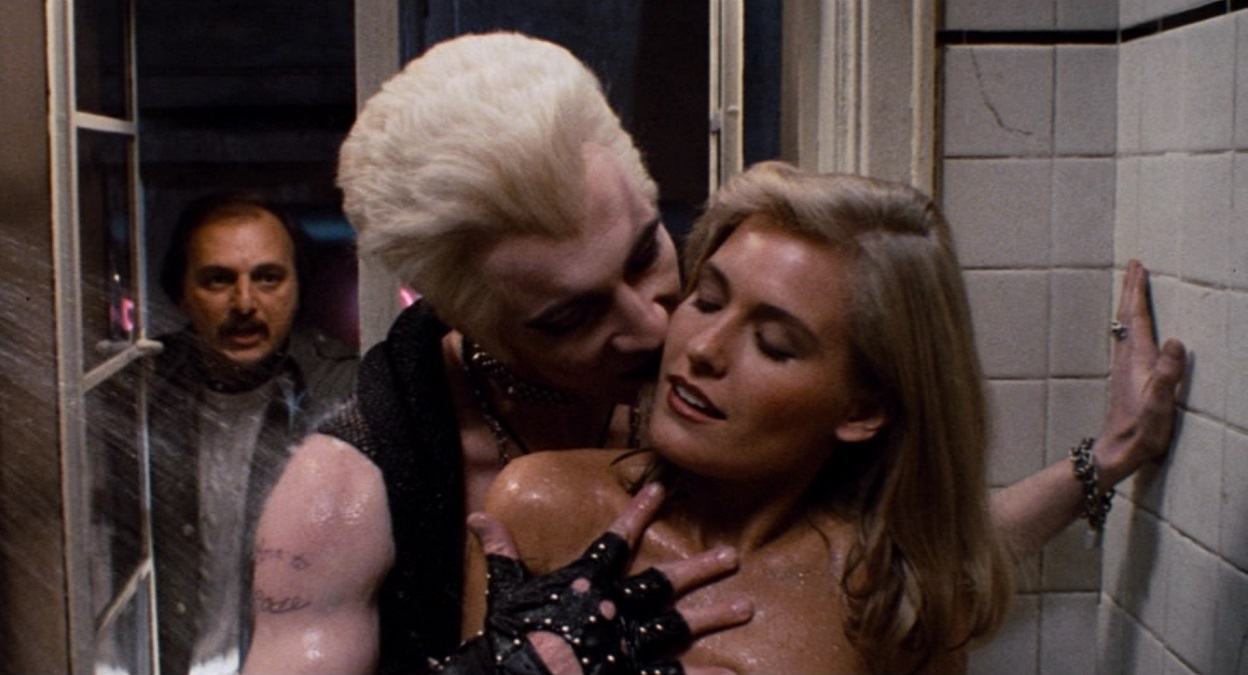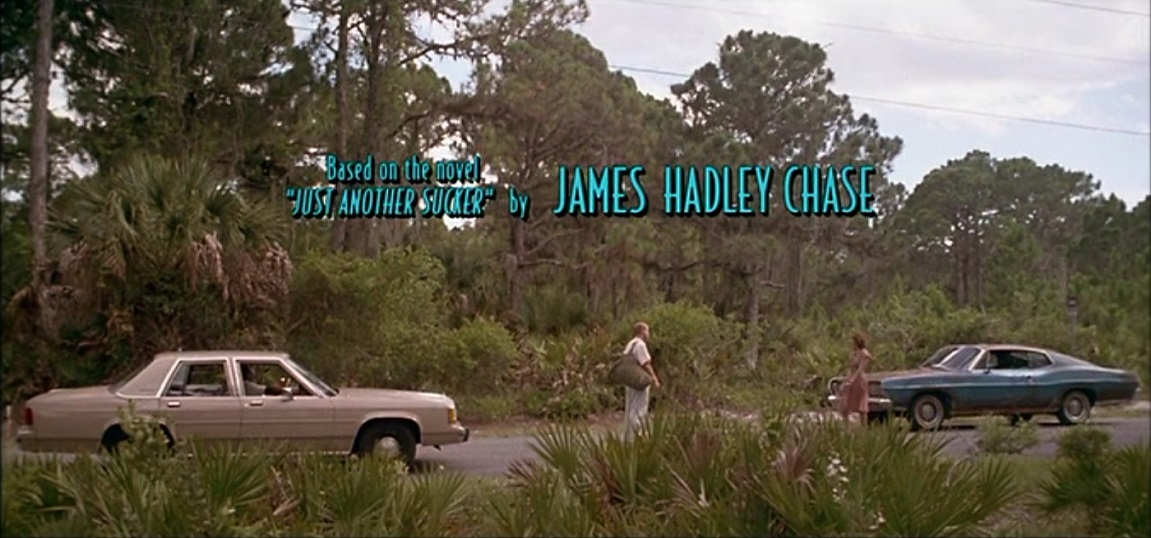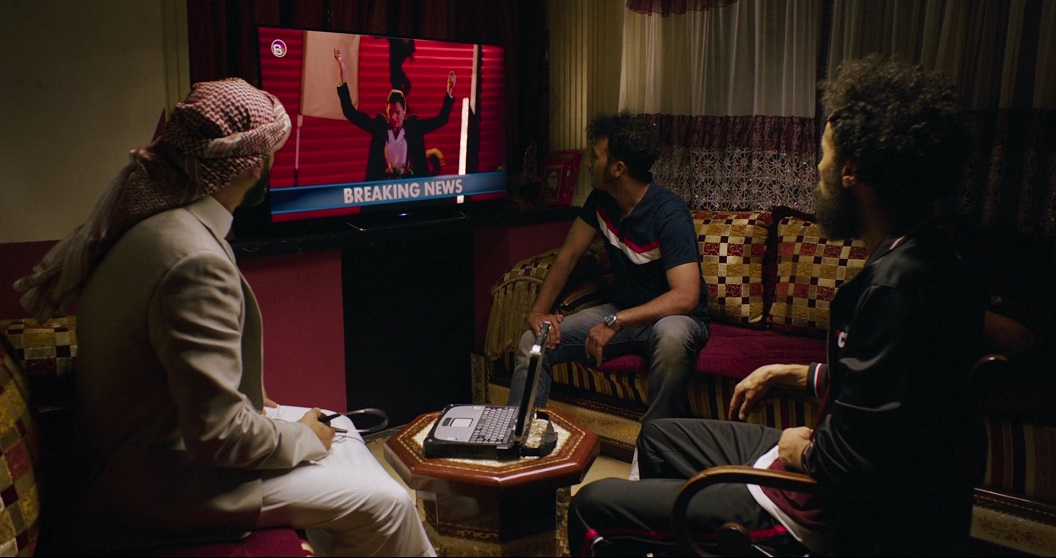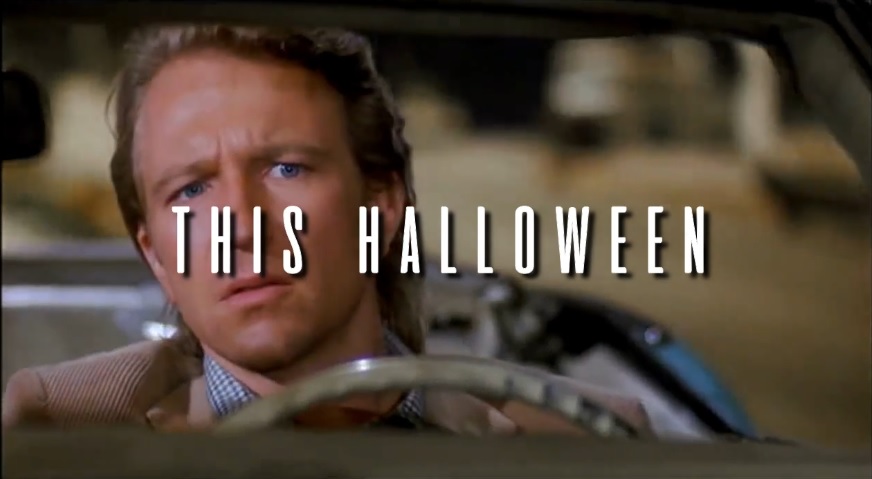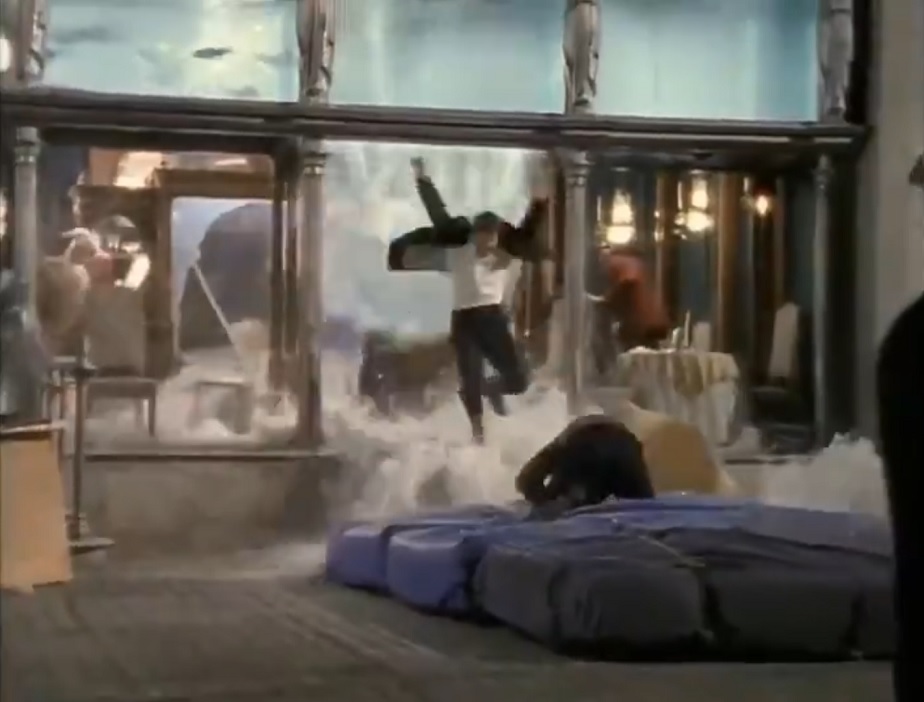SAYS DE PALMA WROTE LETTER ALONG WITH PAUL WILLIAMS, EDGAR WRIGHT, BRET EASTON ELLIS

ComingSoon.net's Grant Hermanns spoke with Paul Williams and Edward Pressman at the Fantasia Fest this past July. In the interview, posted today, Pressman talks about "re-establiishing" Phantom Of The Paradise about five or six years after its initial release, by taking it to selected cities, to get Fox to re-release it. He also talks about efforts to get Led Zeppelin to sign off on the restored version of the film. Here's an excerpt from Hermanns' article:
Pressman describes the feeling prior to release as one of excitement before it opened to disappointing reviews, feeling a lot of that stemmed from “people [confusing] it with Rocky Horror Picture Show,” with the mix of genres of comedy, horror, musical and a love story.“It was a lot of things combined in an original way,” Pressman said. “I never thought it would last. We did make a serious attempt to revive the film in the last five or six years after it opened and we re-released the film ourselves and created our own posters. We went to Little Rock, Arkansas and it worked and we went to Memphis and it worked again, and then we went to Dallas, and we re-established the film so that Fox was willing to re-release it. At that time, that was a major accomplishment.”
Despite the film’s lackluster reviews from critics and box office failure early upon release, the film found a major following in both Winnipeg and Paris, with the soundtrack selling over 20,000 copies in Canada alone and becoming certified gold. Williams recalled visiting Paris “maybe four or five years ago” and finding it at a theater, where he learned Phantom disappears for a while before returning for screenings 45 years after its release.
While Williams and Pressman love the impact the film has made over the years, writer/director de Palma has kept quiet on the film since its release, even being absent from the documentary surrounding its cult following, but Pressman assures he is not distancing himself from it.
“I talked to Brian as late as last week, he’s a fan of the film,” Pressman said. “He was very happy to hear that the film is going to be brought back with the original cut, and he wrote a letter to try to help make that happen. I think he definitely has a warm feeling to the movie.”
Though the film mostly holds a positive legacy, with critics warming up to the project over the years, one hitch it has seen over the years has to do with the name of Swan’s media conglomerate “Swan Song Enterprises,” as Led Zeppelin had a label of the same name at the time and all references had to be deleted from the film, aside from background visual references, but now a movement is underway to get the rights from the classic rock band to correct this and add it all back in.
“The remaster is done and we just need to get Led Zeppelin to sign off on it,” Pressman said. “So that’s what Brian de Palma wrote a letter along with Edgar Wright and Brett Easton Ellis and a number of other luminaries, Paul Williams, obviously, to try to get them to end this 40 year standoff.”
In exploring the possibility or doing an updated version of the rock opera for modern audiences, both Pressman and Williams believe it would be great to see and have cited the Baby Driver director as the perfect person to helm the project.
“If anybody was going to do Phantom and bring it up to date and all, I love Edgar,” Williams said. “I think that Scott Pilgrim vs. the World, 30 years from now will have the same kind of fans that Phantom does right now. I saw Shawn of the Dead and I loved it. I mean, Baby Driver, the fact that he shot the film to the songs, that he cuts on it and it’s also that it’s imperceptible. You don’t realize it. I never got lost in that. Then I met him and turned out he had done Bugsy Malone, it’s like Grease here in London.
Earlier this month, the Sleepy Hollow International Film Festival screened a version of Phantom Of The Paradise that had been reconstructed by Ari Kahan of the Swan Archives. At Fantasia Fest this past July, Paul Williams thanked Ari Kahan on stage. "So," Williams told the audience, "one of the things that Ari did, is, he managed to find the footage that was replaced. We thought it was lost forever, but he found it. I think that was your doing, right? [applause] And he found the footage. He has reconstructed Phantom Of The Paradise with all the original [footage]. So there is this absolutely pristine version of the film, exactly the way that Brian De Palma wanted you to see it. And, we're trying to get permission to now, once again, display all of it. That's the kind of archivist that Ari is, and it's terrific."
Updated: Wednesday, October 30, 2019 7:49 AM CDT
Post Comment | View Comments (9) | Permalink | Share This Post





